১০ ফাল্গুন ১৪৩২
Bangladesh Jamaat-e-Islami Raises Questions EC’s Draft Code of Conduct
19 November 2025 15:11 PM
NEWS DESK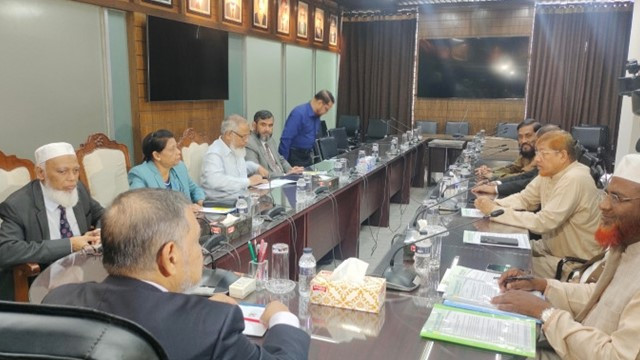
Ahead of the national election, Bangladesh Jamaat-e-Islami has raised several objections to the Election Commission's (EC) proposed code of conduct during a dialogue held Wednesday.
Supreme Court lawyer and Jamaat representative Shishir Manir pointed out inconsistencies in the rules, particularly regarding the use of posters, the authority to impose punishments, and the absence of a fixed time limit for resolving election-related complaints.
He made the remarks at a round of dialogue organised by the Election Commission.
He criticised what he called a 'dual policy' in the draft, noting that Section 7(a) prohibits all posters, while Section 7(d) sets conditions for removing posters and other campaign materials.
"Why prohibit posters in one clause and then issue instructions about removing them in another?" he asked.
Shishir Monir also expressed concern over ambiguity about who has the authority to impose penalties for violating the code, despite provisions for six months' imprisonment or a Tk1 lakh fine.
"The code does not say who will impose the punishment. This should have been clearly stated," he said, adding that holding political parties responsible for offences committed by others is also problematic.
He further urged the EC to set a mandatory time limit for disposing of complaints filed under Section 26, saying, "If there is no deadline, complaints may remain pending during the election."
He recommended that the provision allowing all candidates to jointly read their manifestos and pledge to follow the code, which is currently optional, be made mandatory, arguing that it would create a constructive political culture.
At the dialogue, Jamaat Secretary General Mia Golam Porwar demanded the deployment of 3-5 army personnel at every polling centre, saying one soldier per centre is 'insufficient' to prevent violence or illegal occupation.
Porwar raised further issues, including the absence of clear guidelines on how expatriates would vote in a referendum, allowing passport-based voter list updates for those with NID complications, reconsidering the restriction of only three loudspeakers in each constituency, and ensuring clear printed photographs in the voter list.
He added that the requirement for political parties to submit undertakings during the nomination submission period needs clarification.
At the dialogue, Jamaat leaders also raised concerns about the recent reshuffle in the public administration and police ahead of the election.
Golam Porwar said the timing of the transfers appeared "planned and intentional", adding that the changes seemed to be carried out "from some place with a purpose".
He said that after the election schedule is announced and the Election Commission assumes jurisdiction, all DCs and SPs should be transferred on the same day, as was done in previous elections.
He recommended that the reshuffle be conducted through a lottery, calling it the "most transparent method".
"The way to guarantee confidence is to transfer them through a lottery, wherever their destiny lies," he said.
Porwar added that the EC would become the "only place of trust" after the schedule is announced and should take full responsibility for ensuring a fair election.
Jamaat Assistant Secretary General AHM Hamidur Rahman Azad also questioned the neutrality of the field administration, saying the bureaucracy had undergone "minimal fundamental change" despite the change in government.
He warned that if coordination at the executive level is not ensured, the election could be influenced.
He said appointments and transfers should not be based on intelligence reports and should instead follow a lottery to avoid bias.
He added that a lack of transparency in appointments could affect the level playing field and called for coordination between the EC and the government to address existing challenges in public safety, arms recovery, and administrative neutrality.
Advocate Shishir Manir reiterated that ambiguities remain in the draft code of conduct, including the mechanism for enforcing penalties and imposing fines on political parties




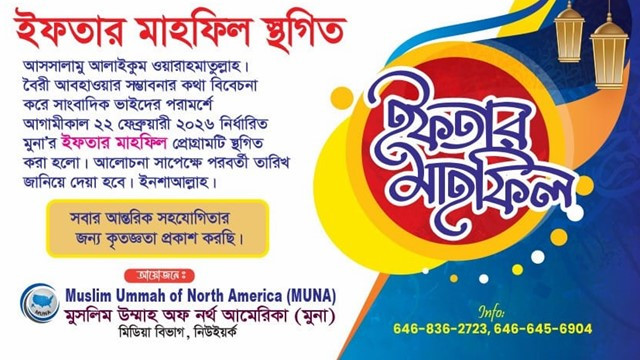
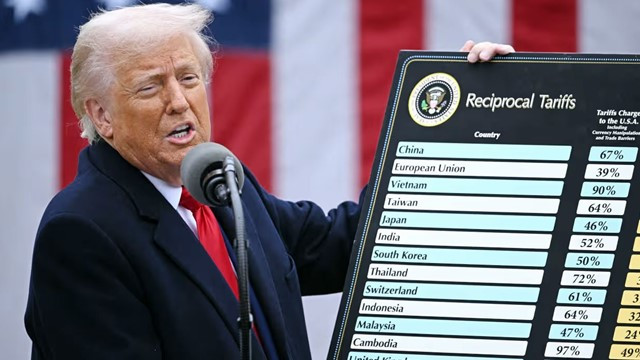
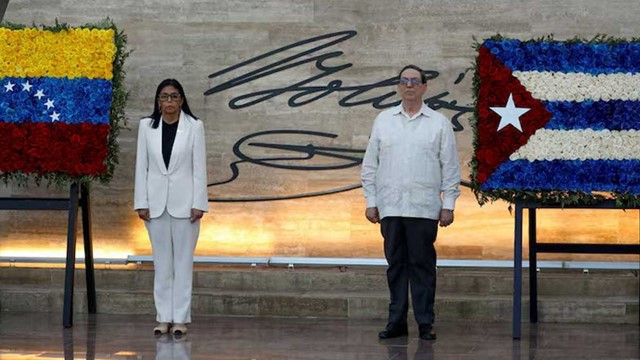
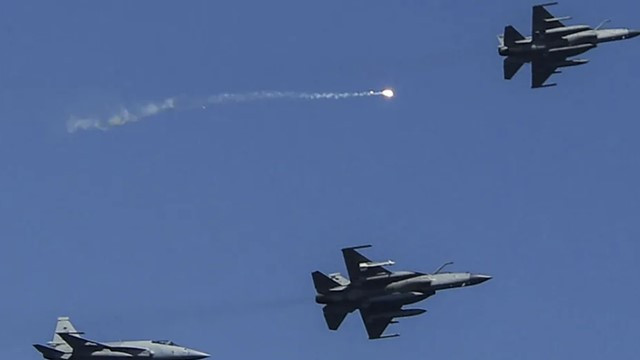
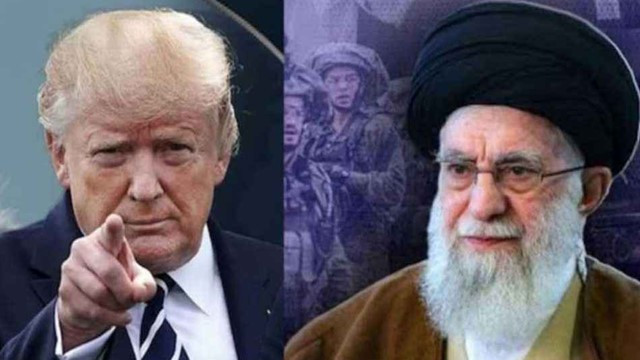
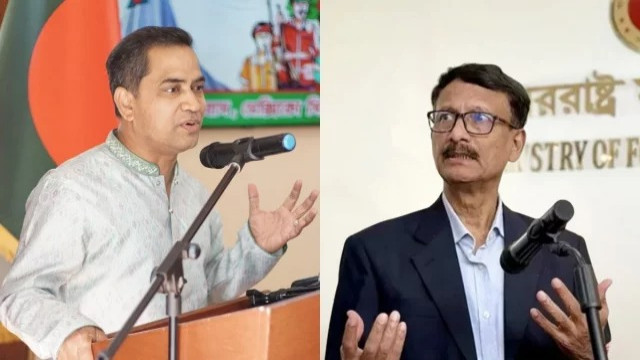
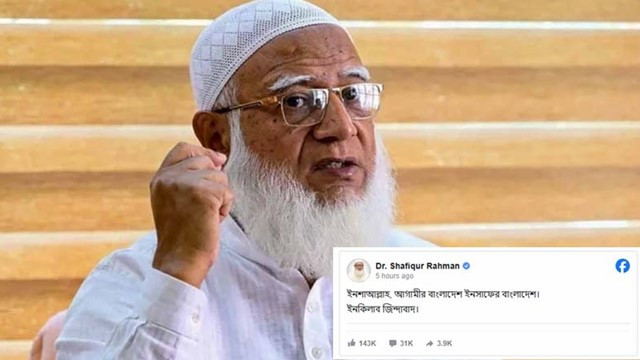
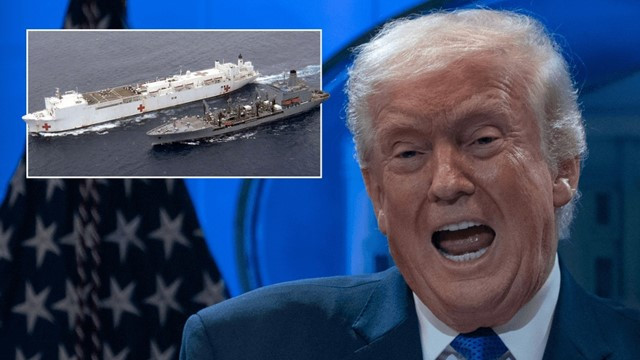
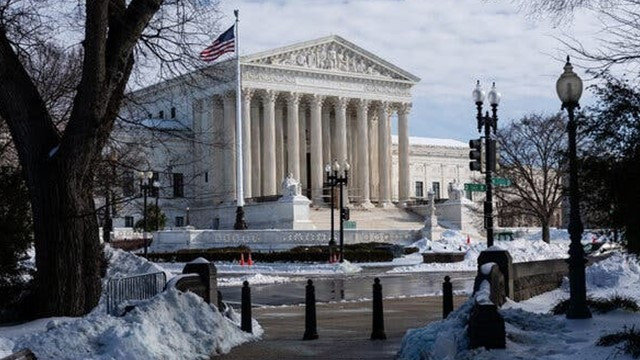
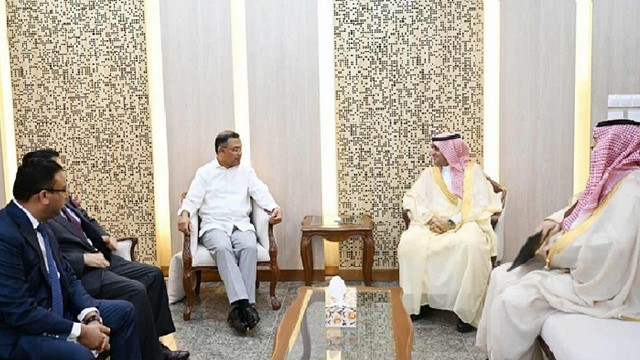
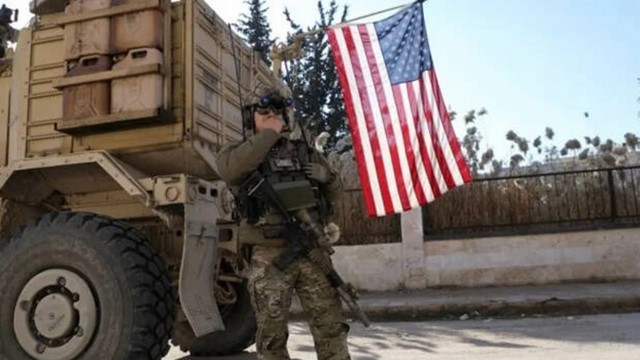
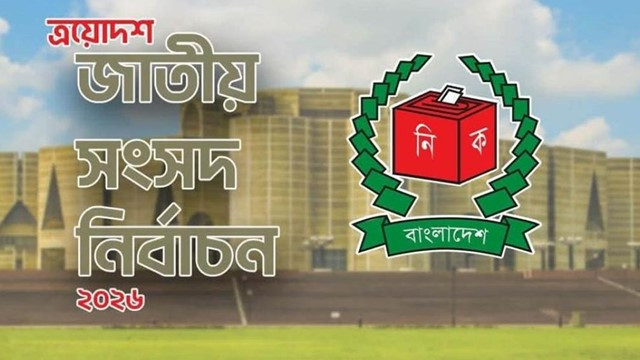
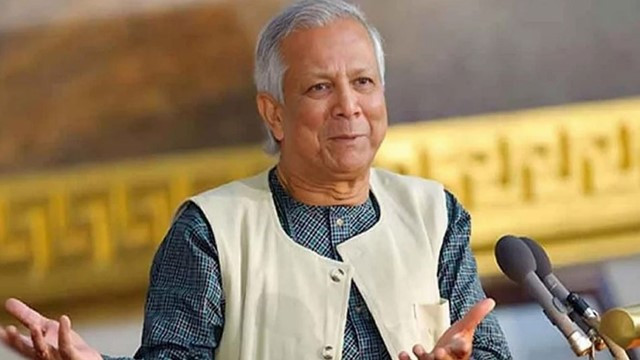
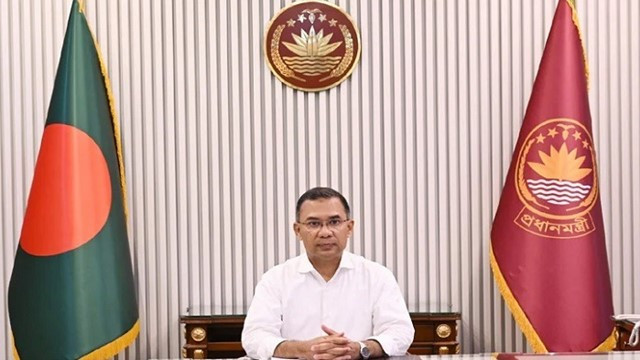
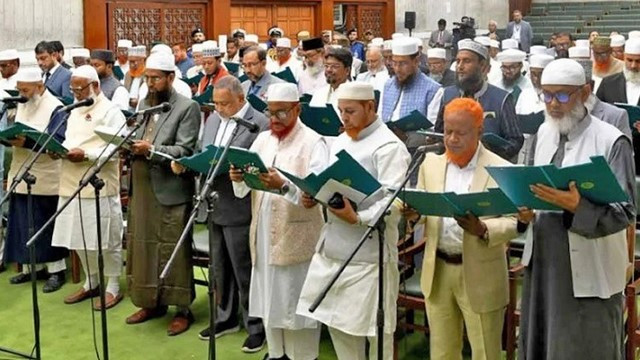
Comments Here: